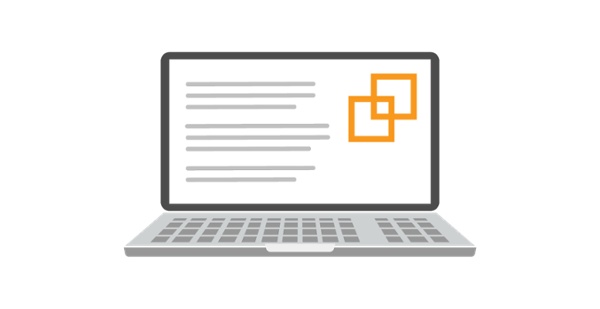Last year, we launched our first specialty certification for Relativity Certified Administrators: the Analytics Expert program. Designed for RCAs with extensive knowledge of Relativity Analytics and Relativity Assisted Review, the certification validates their specialized expertise.
We’ve been getting frequent questions about the new program as folks consider taking the exam. To help address those questions from a certification candidate’s perspective, we sat down with Brandon Mack. Brandon became an Analytics Expert in late 2013. He is vice president of professional services at Iris Data Services and is a member of the Michigan Bar Association.
Rebecca Schwab: What is your role at Iris?
Brandon Mack: I’m a member of our sales engineering group, so I’m really involved with our Relativity offering. I participate heavily in training new clients and helping them customize their workflows. I also work with our client services team as an internal consultant for analytics projects at Iris.
How many cases at Iris use text analytics, and how do you identify those cases?
I’d say well over 50 percent of our cases are using some form of analytics. It depends on the comfort level and knowledge of each case team, but more and more clients are seeing the value of using these advanced tools to streamline their workflows.
I consult on about 90 percent of the analytics cases at Iris. Early on, I recommend options like email threading and near-duplicate detection frequently simply because any type of email data set is going to get some benefit from the threading, and most data sets will get a lot out of near-duplicate detection in terms of accuracy and consistency.
I recommend Assisted Review, categorization, and other more advanced features when clients have a large data set, several strong experts working on the case, or really tight deadlines.
Once the ball is rolling, I always recommend using as many analytics tools as possible. Once you have the index, all the options are included, so I like helping our clients try a few different approaches to see what yields the best results.
How did you prepare for the analytics exam?
The majority of my preparation was just experience. My biggest advantage going into the exam was that I’ve had a lot of experience with a variety of cases and analytics features. I can tell that the exam is designed to find out how much you know about how those tools work, so having real life experience with unique challenges and cases was my most valuable prep work.
How difficult was the exam as compared to the RCA, and what was the most difficult part?
I thought it was a bit more difficult just because there are some unique aspects to text analytics that you may not see on a daily basis. It’s a fair exam, and I like that the hands-on project in the Analytics exam is much more exploratory than the RCA projects. You’re still tasked with getting specific results, but it’s a more real-world exercise in how you get there.
The toughest part was a combination of the time limit and the fact that there are so many different facets to analytics. During the hands-on portion, you really have to evaluate which feature set will get you the best results most efficiently. So when you’re tasked with achieving this specific set of results, you have to stop to think about the basket of tools at your disposable and consider every approach you could take to get there.
With analytics, there are ways to do it and then there’s the best way to do it. That’s what I remember sweating over while the time passed.
Do you think a person without any analytics or Assisted Review experience can study and pass the exam?
I think it’d be really difficult. Even if you memorize all of the materials, there are some curveballs you may have trouble tackling if you don’t have experience with the features. The time crunch is what makes that tough. If a curveball came up in the office, for example, you might be able to figure it out if you had all day to play with the software. But since the exam only allows a small window of time to get it done, it can be a much harder test of your knowledge. I’ve attended the admin, Analytics, and Assisted Review trainings, as well as several webinars, but I will say that the training alone definitely won’t be enough to get you there. There’s so much more to learn than you can gather in a couple of days of basic training.
Do you have any tips for other Relativity users that are preparing for the exam?
The documentation and training materials from kCura were really helpful for the multiple choice section, but I’d say my best piece of advice for anyone studying is to set up a demo workspace to experiment with. It doesn’t have to be massive, but getting some data in, setting up an index, and playing with those features to figure out each step—and how to fix problems as they occur—is the best practice you can have for the exam.
Spend as much time in the software as you can. You’ll find great tips on the advice blog, in the workflow recipes, and in the other training materials, but you need to feel comfortable working in Relativity so you can respond to the questions and challenges in the exam appropriately. The ability to really think through the tool like that requires practice.










